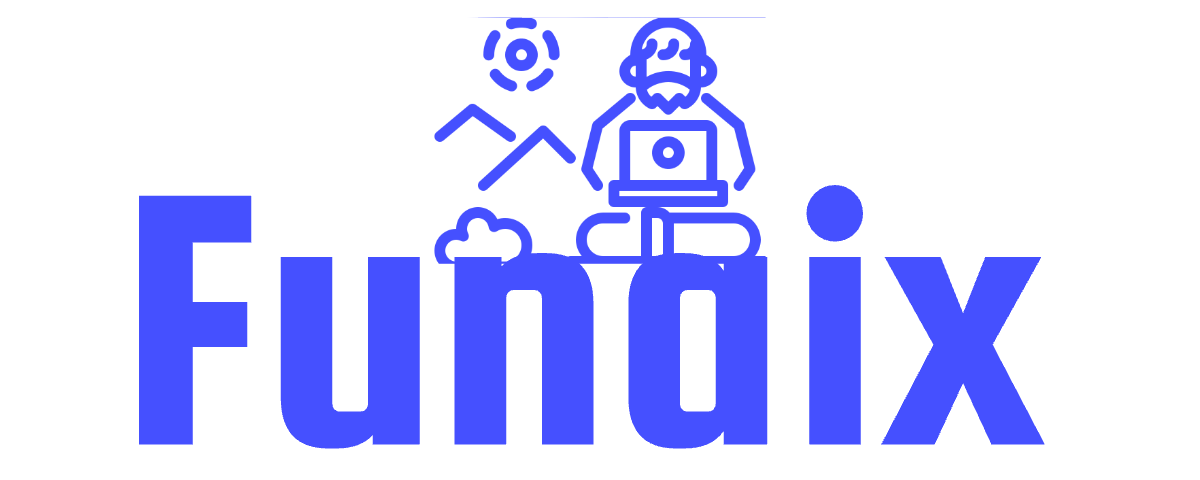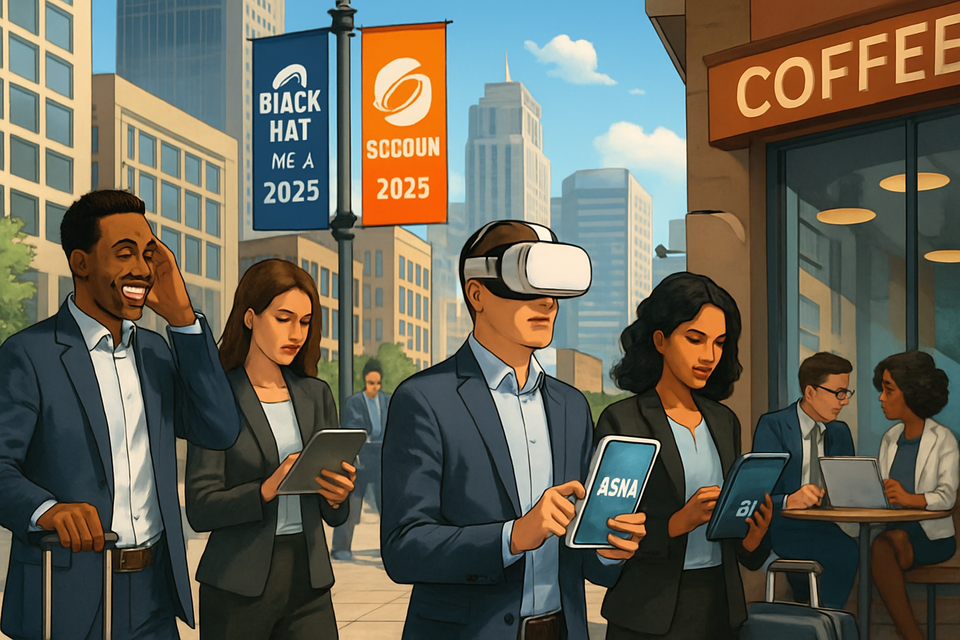The Three Generations of AI Coding Tools, and What to Expect Through the Rest of 2025
Explore the rapid evolution of AI coding tools from simple code completion to agile development agents. Discover how these innovations are transforming workflows, enhancing productivity, and redefining the future of software engineering.

An exploration of the evolution of AI coding tools, highlighting the progression from code completion to fully integrated development agents.
Welcome to the AI Coding Odyssey
Once upon a time, in a coffee-fueled world where developers dreamed of code writing itself, AI coding tools were but a whisper in the wind. Fast-forward to 2025, and these tools have not only arrived—they’ve staged a full-blown takeover (don’t worry, they’re still friendly, for now). Whether you’re a digital nomad blending work and wanderlust, a battle-hardened developer, or just a tech enthusiast curious about the next big thing, buckle up: the journey through the three generations of AI coding tools is as wild as debugging a regex at 2 a.m.
“AI coding tools have evolved from glorified autocomplete to orchestral conductors of the entire software symphony.”
The First Generation: Code Completion—Autocomplete, But Make It Fancy
Let’s rewind to the early 2020s. The first wave of AI coding tools—think GitHub Copilot—swooped in promising to complete your code before you could say ‘tab key’. These tools made suggestions, filled in boilerplate, and sometimes even guessed your variable names (with mixed results—hello, fooBar123).
- Pros: Sped up coding for repetitive tasks; great for learning syntax.
- Cons: Quantity trumped quality; still required heavy human oversight. Productivity? Slightly improved, but your coffee intake didn’t decrease.
It was a revolution in speed-typing, but not quite the leap into AI-driven software development we’d hoped for.
The Second Generation: In-IDE Agents—Context is King
By early 2024, AI had hit the gym and bulked up. Enter the second generation: in-IDE agents like Cursor and Zencoder. These weren’t just autocomplete on steroids—they understood the project context, navigated dependencies, and could even refactor code (sometimes better than your junior developer).
- Pros: Smarter suggestions, context-aware refactoring, and improved bug detection.
- Cons: Still living inside the IDE; interfaces remained largely the same. You still had to juggle your own DevOps, testing, and deployment.
Big leap forward? Absolutely. But the real magic was still on the horizon.
The Third Generation: SDLC-Integrated Agents—AI as Your Dev Team’s MVP
By mid-2025, the third generation stormed the scene: Software Development Lifecycle (SDLC)-integrated agents. Think Zencoder Zen Agents, GitHub Copilot’s agentic DevOps, and Claude 4. These aren’t just coding assistants—they’re project managers, QA testers, and deployment wizards rolled into one (minus the pointy hats).
- End-to-End Automation: Backlog management, testing, deployment—AI now orchestrates the whole workflow.
- Collaboration: Agents plug into your favorite tools, boosting productivity across distributed teams (digital nomads, rejoice!).
- Strategic Implementation: Less about speed-typing, more about managing and optimizing the entire software pipeline.
- Beta Buzz: Many of these agents are still in "beta"—but their rapid evolution suggests massive gains for teams willing to experiment.
“If you haven’t reassessed your AI development stack in the last six months, you might as well be coding with a stone tablet.”
What’s Next? The Road Through 2025 and Beyond
AI coding tools are evolving at breakneck speed. Here’s what to expect as we rocket through the rest of 2025:
- Even Smarter Agents: With GPT-5 and its ilk, expect AI that understands your intent—not just your syntax.
- Seamless Integration: AI tools will blur into the background, quietly managing infrastructure, compliance, and even client communications (so you can focus on the fun parts).
- Personalization: AI agents will adapt to your workflows, learning your quirks and preferences—your new best dev friend (without the office politics).
- Ethical & Creative Balance: As AI gets powerful, expect more conversations—and regulations—around attribution, copyright, and transparency. The future will be powered by both code and conscience.
How Can You Stay Ahead?
- Reassess Regularly: Don’t get stuck with yesterday’s tools. Schedule periodic reviews of your AI stack.
- Experiment Boldly: Try out new SDLC-integrated agents, even if they’re in beta. The biggest gains go to the early adopters.
- Stay Curious: Subscribe to smart news sources (like us!) to keep your finger on the pulse of AI evolution.
“The age of AI-powered software engineering isn’t coming—it’s already here. The question is: are you coding with it, or playing catch-up?”
Ready to Code Smarter, Not Harder?
Whether you’re building the next unicorn startup from a beach in Bali or wrangling legacy code in a bustling city, the right AI tools can supercharge your workflow and free up your time for what matters most—like that second cup of artisanal coffee.
Want exclusive insights, fresh AI trends, and productivity hacks delivered straight to your inbox?
Become a Funaix Insider—subscribe for free to level up your tech game!
Sources: TechRadar, Windows Central, Axios, Time. For a deeper dive into the latest AI and productivity tools, stay tuned with Funaix.




